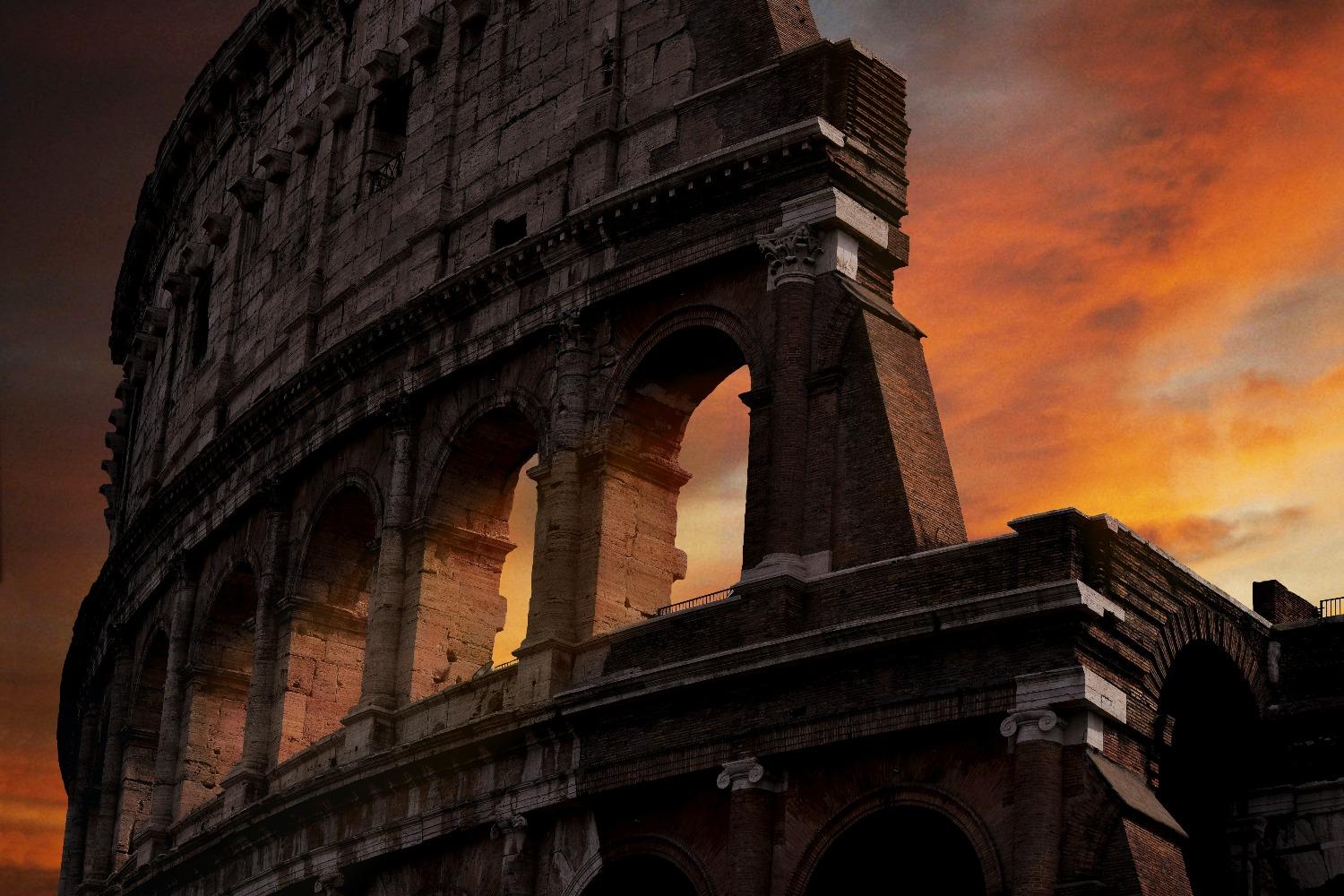
When one thinks of Nicaragua, the deep Catholic faith of its people is often one of the first things that comes to mind. Also near the top of the list is political instability. On-again, off-again dictator Daniel Ortega has been ramping up persecution against the Catholic Church in Nicaragua, including banning religious processions and arresting and exiling bishops.
The persecutions in Nicaragua mark yet another instance of the hatred dictators have against the Church. While there have been some limited exceptions (such as Chile and Spain in the twentieth century), dictators throughout history have recognized that an international, sovereign faith speaks directly to the people, standing outside of the control of crown, scepter, or military police.
The medieval Church and state long held this tension in check, even though there was a constant struggle between popes and princes. Despite German princes and the English king Henry VIII eventually breaking away from papal authority to nationalize their churches and later revolutions with deep anti-Catholic, anti-Christian ideologies, the Faith has somehow been preserved and even flourished around the world. Even after the popes lost their earthly territory in central Italy – the “Papal States” – in 1870, the papacy has flourished: the majority of popes since 1870 have been canonized or are within the canonization process.
The late Francis Cardinal George gave perhaps the clearest vision of who will have the ultimate victory in the battle between popes and princes. When journalists noticed Cardinal George looking thoughtfully at the Roman horizon upon the election of Pope Benedict XVI, they asked what he had been thinking about. His response was profound: “I was gazing toward the Circus Maximus, toward the Platine Hill where the Roman emperors once resided and reigned and looked down upon the persecution of Christians, and I thought, ‘Where are their successors? Where is the successor of Caesar Augustus? Where is the successor of Marcus Aurelius? And finally, who cares? But if you want to see the successor of Peter, he is right next to me, smiling and waving at the crowds.'”
The workings of providence are often not clear to the human eye, and dictators have often revealed themselves to be the most ignorant of this fact. The lesson of the ultimate fate of oppressive regimes has repeated itself throughout history. Nevertheless, Ortega, who personally met St. John Paul II, a saint who survived the horrors of Nazism and Soviet Communism, has yet to grasp its meaning.
A new Nigerian cardinal sounds the alarm, claiming that the survival of Christianity is in severe danger in his country, one of the fastest-growing nations in the world.
One of the great questions of our age is that of the human person and human dignity. What does the recently-observed Catholic Solemnity of the Assumption of Mary teach us about human dignity?
George Weigel reflects on what Christ’s words truly mean when caring for the “least of my brethren,” within the context of contemporary Catholic discourse on abortion.
Clear thinkers are especially important in confused times. Discover Catholic philosopher Charles de Koninck and his insights into the philosophy of nature and modern science.


